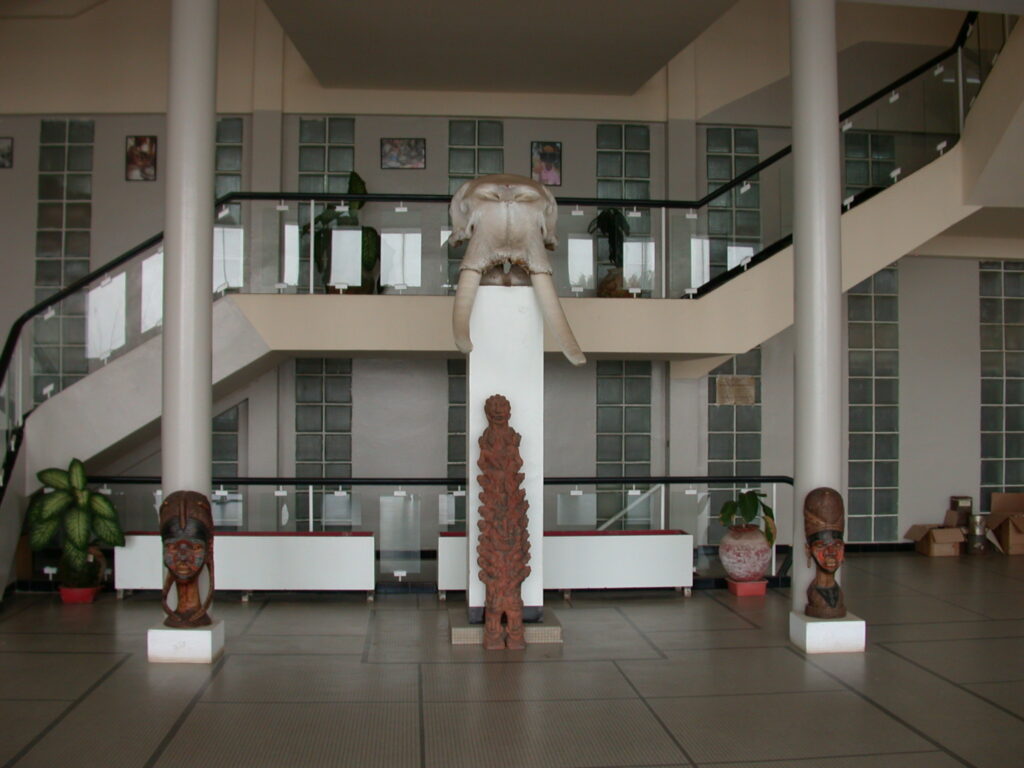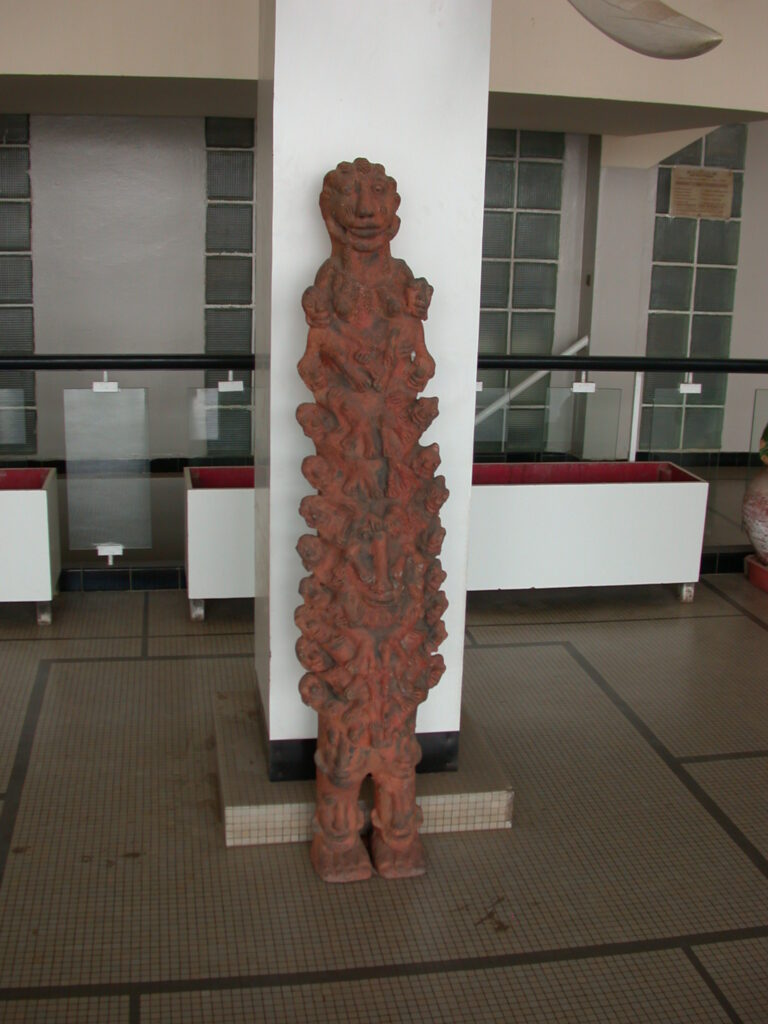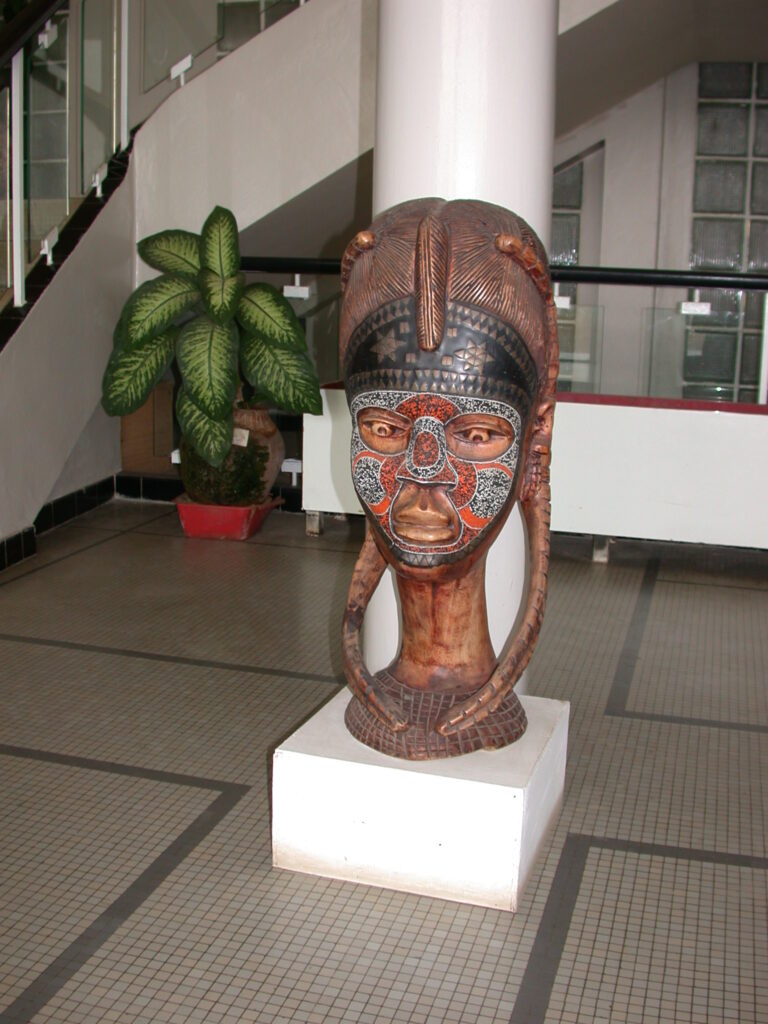November 7, 2007, Institut Fondamental de l’Afrique Noire (IFAN), Dakar, Senegal
After an impressive interview in French with archaeologist and historian Charles Becker on November 6 at his home near the home of the President of Senegal, I next went to interview Hamady Bocoum, Minister of Culture in Senegal and Researcher at the Institut Fondamental de l’Afrique Noire (IFAN), University of Cheikh Anta Diop, that interview also conducted in French. (Mille fois merci to my high school French teachers!)
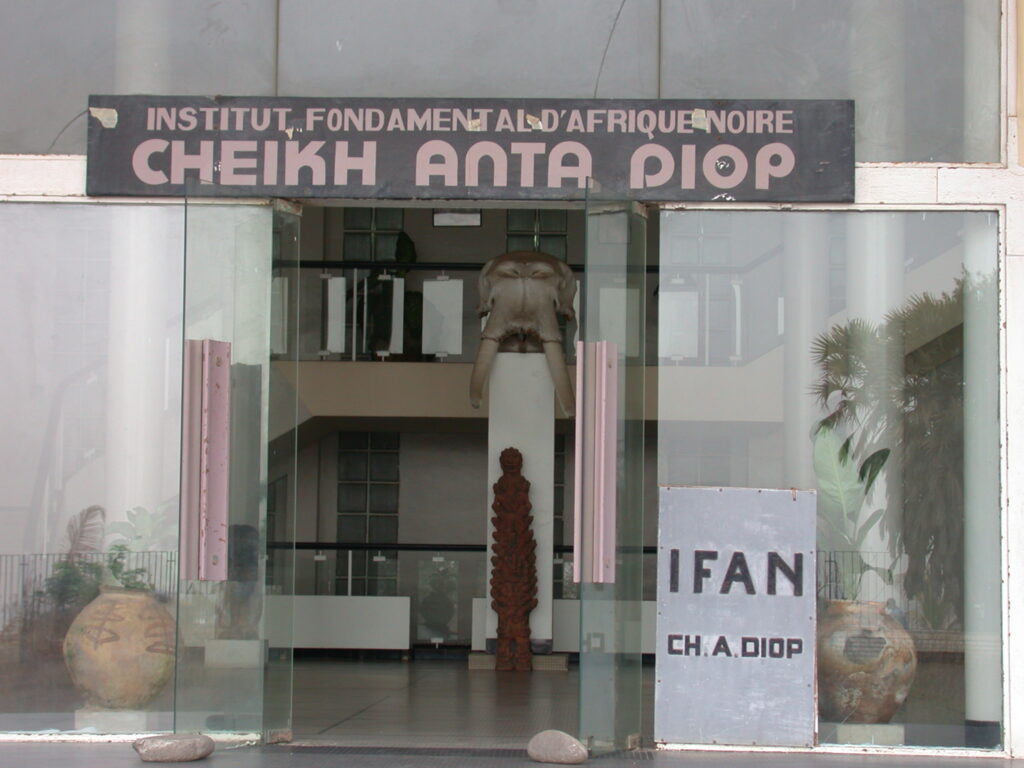
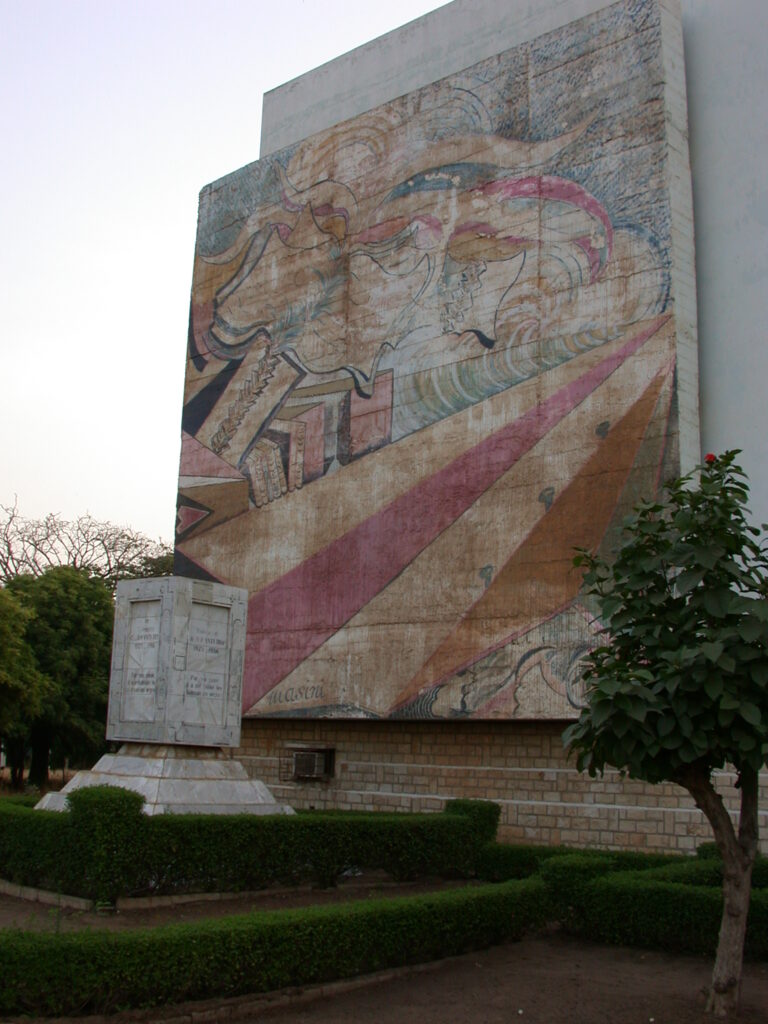
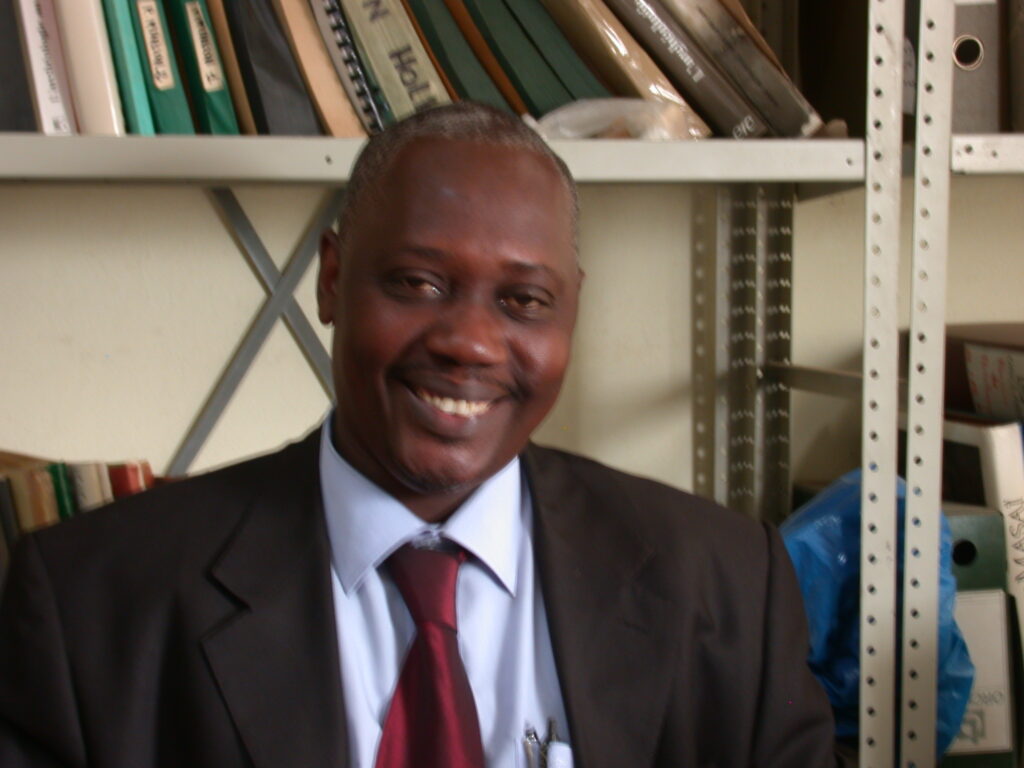
M. Bocoum told me as much as one could in one hour about the role of the blacksmith (forgeron) in African history. He mentioned Soumaoro Kanté, who was a blacksmith king. Sundiata battled him to start a new dynasty and Kanté lost. He recommended reading La geste du Sonjiata.
Boucom feels that the story of the battle represents a battle over African values. Kante represents African independence, ingenuity, and self-awareness. Sundiata represents transahelianism, Islam. Kanté opposed slavery.
He summarized with three contrasts:
- Cultural – traditional religion v. Islam
- Economic – blocking river traffic and water rights
- Technical – inventors and blacksmiths
Now, he says, Africans are consumers to the detriment of producers.
He talked about the supposed caste system which he feels does not really exist in Africa, at least not anything like what happens with the untouchables in India.
He mention reading about the caste system in Sudan and a book called Mande Blacksmith: Knowledge, Power and Art in West Africa (by Patrick R. McNaughton).
Regarding the existence of a caste system in West Africa, Bocoum mentioned:
- Structuralism
- Concepts of pure and impure
- Triumph of consumers over producers
He said that blacksmiths were the ones who invented the state in this part of Africa.
He referred to his L’Age de Fer au Senegal (which I later copied parts of at the tremendous IFAN library).
Bocoum doesn’t believe there was a taboo against blacksmiths either. He described the concept of the societal norm versus the structure, giving the example of how burping is normal and good for the health but considered impolite in many societies.
There was a sense that the work of a blacksmith is the work of the devil. After 2000 years of the domestication of fire, the blacksmiths were the only ones who knew the secrets of transforming stone into metal, a kind of alchemy, a magic/technology.
He mentioned how the blacksmiths had sacrificial ceremonies to do their work and how people who weren’t blacksmiths couldn’t participate in that work.
Once the work of the blacksmith was no longer secret and became democratized, the blacksmiths no longer had a monopoly and lost their power. That started to occur by the 11th century but didn’t happen completely until the 16th century.
In some societies, it was also taboo to make love to or marry a blacksmith, but it still happened.
Bocoum also mentioned a novel called L’Enfant noir by Camara Laye.
He said there was more of a system of domination than a caste system. The system of domination helped generate a class structure (Marx).
The wives of blacksmiths were usually potters, hairdressers, tattoo artisans (for men and women). Blacksmiths traditionally performed circumcisions.
Here are pictures of the entrance hall at IFAN.
